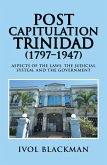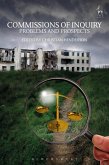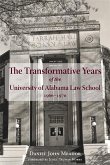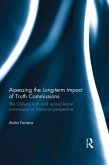The framers of the Constitution of India envisaged three major crisis situations calling for the declaration of Emergency : war, external aggression and "armed rebellion," failure of the constitutional machinery of a state; and a financial crisis. Maera Srivastava deals with the second of these and analyses the implementation of the provisions of Article 356 of the Indian Constitution. What are the factors which contribute to the development of such a crisis ? What are the roles of the Speaker and the Governor in such situations ? How does President's rule in a state fit in with the functioning of the federal system in a parliamentary democracy ? These are some of the questions Dr. Srivastava considers in detail in the book. What was expected to remain a "dead letter " by the founding-fathers of the Republic has been invoked quite frequently thus raising certain controversies. The author has brought the study up to date with a Postcript which discusses certain new amendments which are vital to the central theme of the book. A painstaking study of a subject which should be of absorbing interest to political scientists, students of constitutional law and the lay reader.
Dieser Download kann aus rechtlichen Gründen nur mit Rechnungsadresse in A, B, BG, CY, CZ, D, DK, EW, E, FIN, F, GR, HR, H, IRL, I, LT, L, LR, M, NL, PL, P, R, S, SLO, SK ausgeliefert werden.









